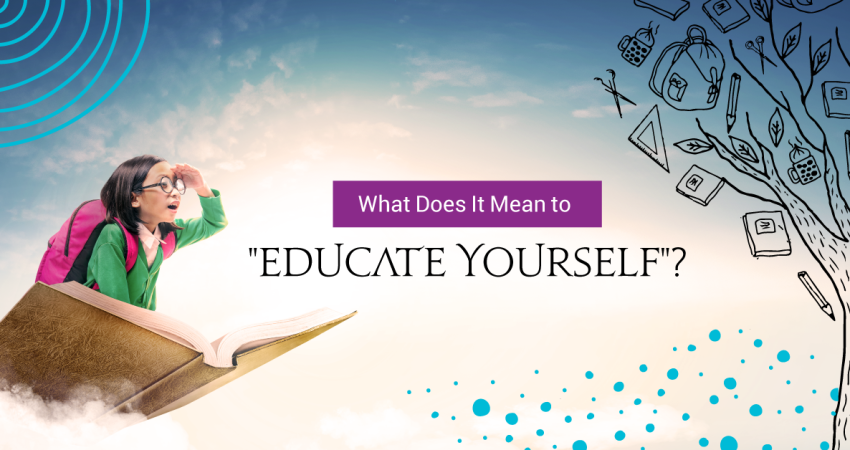The phrase “educate yourself!” a lot is thrown away, especially online. It’s hard when, as a teacher, you try to learn more about topics you’re unfamiliar with, so you can better support your students, and then you’re off. But please keep trying! Your students need that from you, even if they don’t say it.
So what can you do to educate yourself about LGBTQ +? Here are some tips:
1. Be proactive.
Don’t wait until a problem arises or a student comes to you for help. Get started now!
2. Read books and articles, listen to podcasts, and watch videos written and created by LGBTQ + people.
Get information from experienced people. Remember that everyone’s experiences are different, but they are all important and valid. Create a resource file (such as a playlist) of LGBTQ + creators to share with your colleagues and target students. Make sure the work you are consuming has been made by LGBTQ + people, rather than just about LGBTQ + people.
3. Don’t force your LGBTQ + students to answer questions unless they are willing to do so.
This is a difficult one, because your students are right there and you interact with them every day. Some of them may be happy and honored to answer questions and share resources, while others may not be comfortable taking on this responsibility. (And their motives are nobody’s business!) Never assume that someone wants to be an “expert.”
4. Show support by attending events and making purchases from queer theater creators.
Show your support with your dollars. Many free social media resources have links to tipping jars and other ways to financially support creators. Help bring marginalized voices to the forefront. Amplify LGBTQ + voices and creations. If you are unable to support them financially, share their work (with adequate credit) so that more people can experience their creations. You can also volunteer to help with LGBTQ +-led events and causes.
5. Know that sometimes, as an ally, your role is to be silent and listen.
Believe in students’ experiences if they choose to share them with you. Listen, listen and listen more. Do not shoot, but ask how you can best support them, within your own capacity. Try not to skip your own personal stories. Be aware of your own privilege when you listen to others (which is uncomfortable but necessary) and don’t take care of yourself.
Click here for a page with additional resources.
Disclaimer: Check with the district administration and policy on anything discussed in this article about LGBTQ + (LGBTQIA, LGBTQ2S), as laws vary from region to region.
Kerry Hishon is a director, actor, writer and stage fighter from London, Ontario, Canada. She writes on the blog at www.kerryhishon.com.
Want to know more about our latest songs, resources and gifts?
Get on our list!

